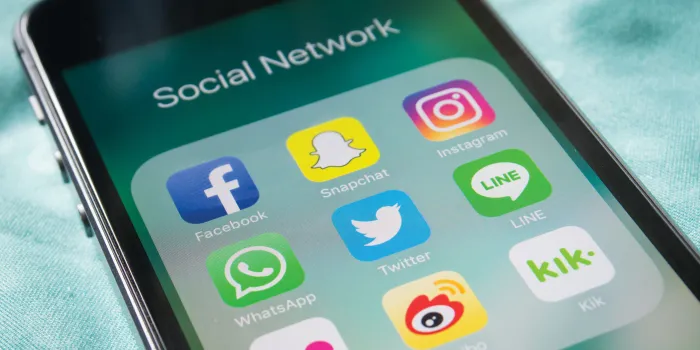Like many people his age, Matthew Gates, 22, is a frequent user of social media such as Facebook and Twitter. A student in Hampton, Virginia, he likes to share links to articles and educational reports about bleeding disorders. “It’s important to get the true definition of hemophilia out there,” he says.
In 2015, Gates went from sharing stories by others to writing his own. After singer-actress Lady Gaga made a reference to hemophilia in describing her vampirelike character from the TV show American Horror Story: Hotel, Gates penned an article for The Huffington Post website in which he laid out several truths about hemophilia and discussed his own bleeding disorder. The article prompted a response from Lady Gaga, who tweeted Gates directly—“She was very kind and gracious,” he says—but it also raised questions about the consequences of sharing details of one’s health online. Gates’ experience was a positive one, but not everyone who reveals details online about their bleeding disorders can expect the same result.
The illusion of privacy
“It’s fine for people to post about their bleeding disorder on social media as long as they understand what that might mean,” says Beth Marshall, director of communications at the National Hemophilia Foundation. “It might come up in other parts of your life, and you should be prepared to talk about it.”
For instance, she notes, you should assume that potential employers will check your social media accounts. “They can’t ask you if you have a medical condition in an interview, and legally they can’t refuse to hire you because of one,” Marshall says. “But they can put your résumé at the bottom of the pile.”
Using the strongest privacy settings on your accounts won’t protect you 100%. “As always, we really do encourage people to monitor their privacy settings, but understand that these settings are not a guarantee of privacy,” Marshall notes. The proof? All the supposedly secured posts that have managed to go viral.
“This is all permanent and out there forever,” says social worker Ed Kuebler, LCSW, who works at the University of Texas Gulf States Hemophilia and Thrombophilia Center in Houston. “Someone could go out there 10 years from now and read what you wrote.”
He adds: “When people see things online and can’t ask questions, it can cause problems. You might be able to give context in person, but if it’s online, that context is lost.”
Personal and community impacts
Jacey Gonzalez, 19, a student in Reno, Nevada, also understands what it means to have her story online. Her mother shared details on Facebook about the family’s successful fight to get an insurance denial overturned, and mother and daughter consciously discussed what they were comfortable revealing before posts went live.
“You never want to expose anything too personal,” Gonzalez says. She’s comfortable sharing her bleeding disorder type (severe von Willebrand disease), but her family never divulged the name of their insurance company or her specific medical information. In this way, Gonzalez says, she and her mother helped members of their community facing similar battles while protecting their own personal information.

